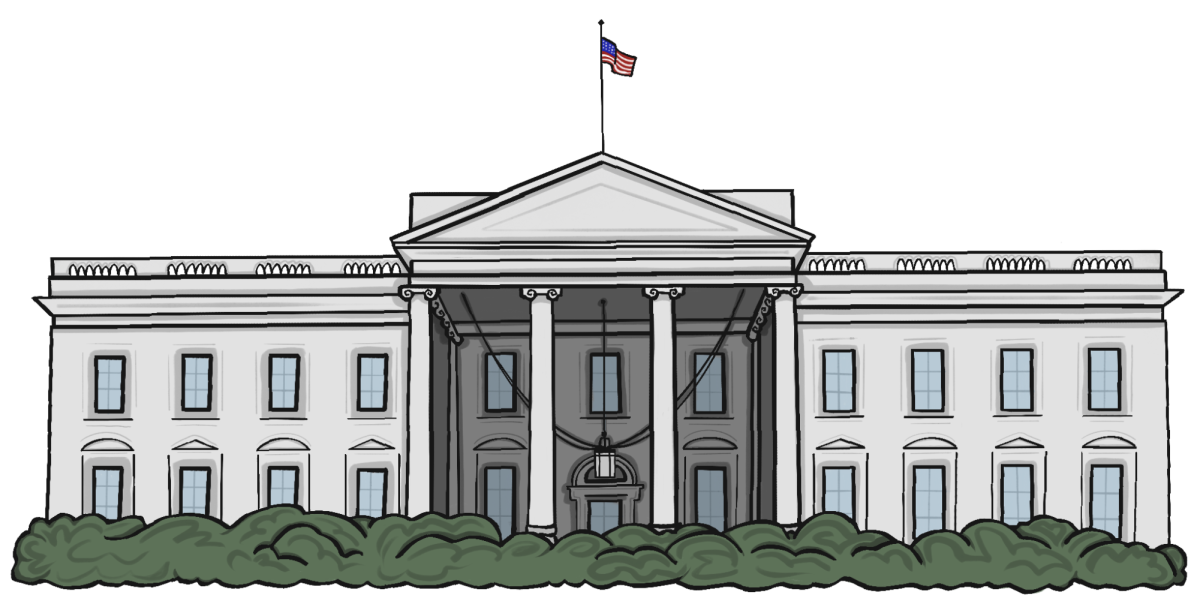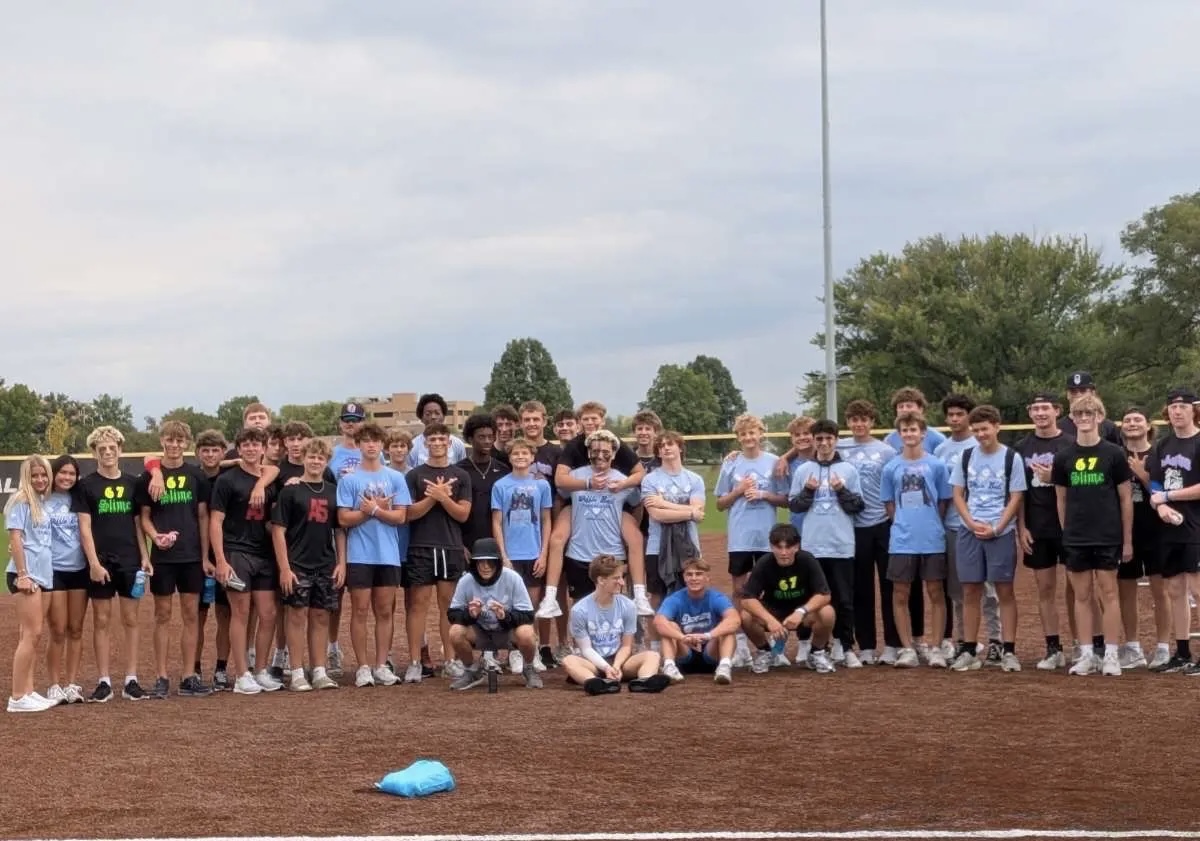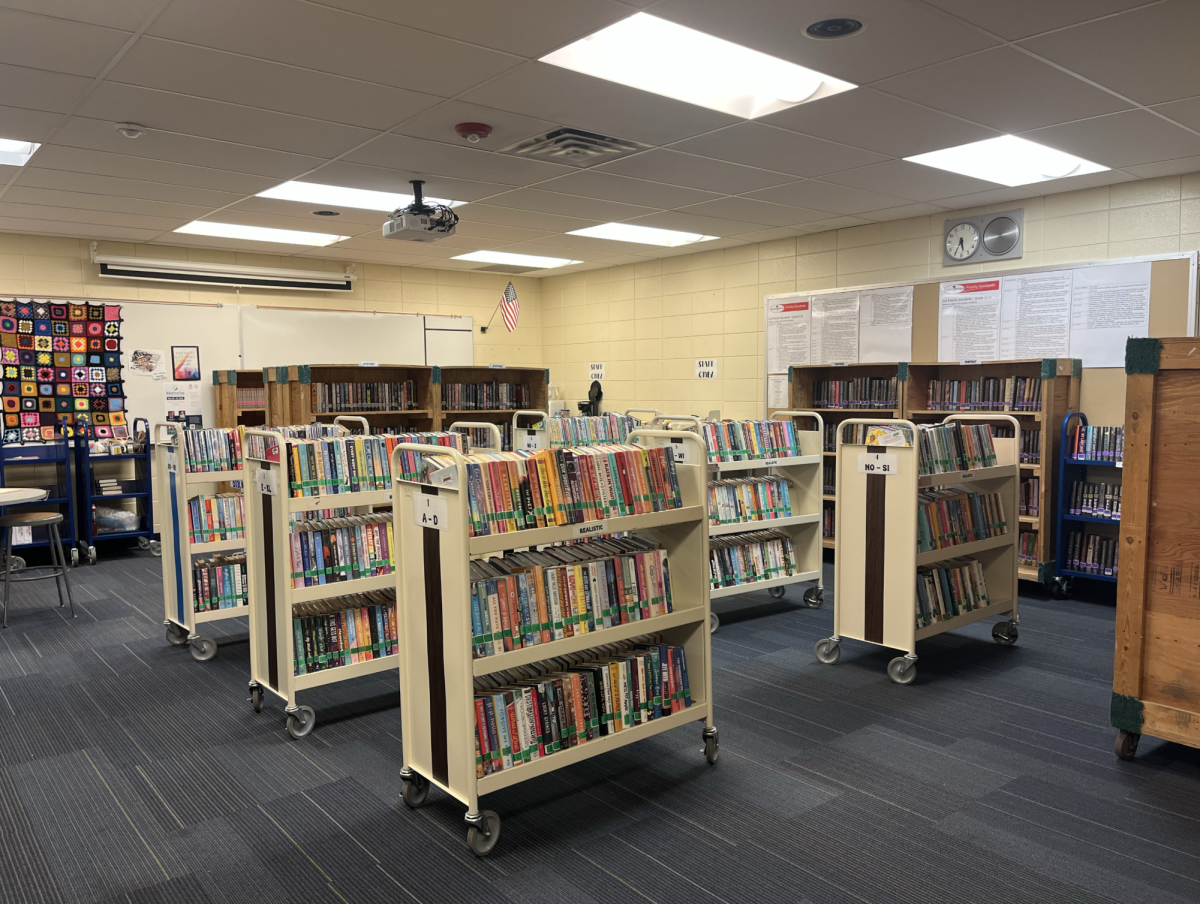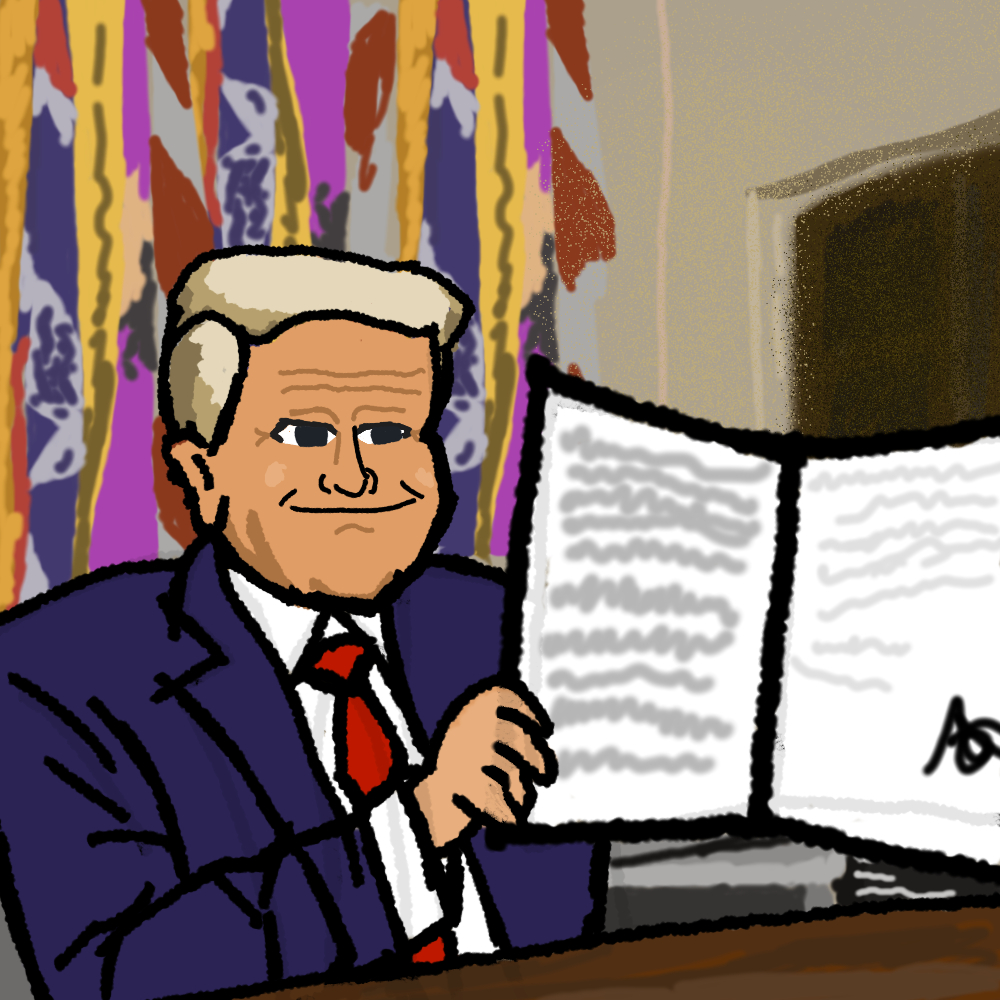As sexual assault awareness month continues, federal funding cuts have been impacting the agencies that help sexual assault victims. Nationwide, 81% of women and 43% of men reported experiencing some form of sexual harassment and or assault in their lifetime.
The Department of Government Efficiency (DOGE) has recently been cutting a lot of funding from the Centers for Disease Control and Prevention (CDC). These cuts have hit the Division of Violence Prevention, which is detrimental because it relies heavily on federal funding.
“Even in a red state, we’ve never had issues with getting our work through, It’s not a super controversial thing — you don’t want your daughter to be raped in college, right?” an anonymous source said to NPR.
This department now has to find a way to organize the distribution of all the remaining resources they have.
“All statutorily required positions and offices will remain intact, and as a result of the reorganization, will be better positioned to execute on Congress’s statutory intent.” U.S. Department of Health and Human Services (HHS) spokesperson Emily Hilliard said.
This division helps with sexual assault, child abuse, and gun violence, as well as many other things. Research and programming staff from this division were cut.
“A lot of our work is looking at gender-based violence and gender disparities and health equity and all of that quote-unquote ‘woke ideology,’” the anonymous employee said to NPR.
These employees weren’t surprised to see their division first to be hit by these funding cuts.
Another fired CDC staff member says she was surprised that some parts of the Division of Violence Prevention were preserved, including the surveillance branch. She felt that this made her team feel more targeted.
“I think [it] tells a story about what was important in terms of what they think the CDC should do. The story it tells me is that violence prevention doesn’t matter, that women in abusive situations don’t matter, that women who have been sexually assaulted don’t matter,” another anonymous employee said.
Many employees are stuck trying to figure out what to do next; they know their cause is important, but there’s nothing much they can do about their current situation.
“Decades of work will be lost as a result of the Division of Violence Prevention being wiped out in this way,” HHS Director of sexual and gender-based violence Lynn Rosenthal said to NPR.
Without the federal funding, groups like this are unable to continue with their research and provide assistance to people.
“All of the actions, including getting rid of my team, is showing sexual violence prevention isn’t a priority, and in fact, they don’t think it is needed at all,” an anonymous health scientist for the Division of Prevention said.
Workers are now scared they’re going to be fired at any minute, because so many of their peers were fired without warning.
“[My colleagues] are afraid to step away from their computer because they’re afraid they [suddenly] won’t have access. It would be great if there were a plan and then some kind of logic to how people are fired. But that’s not the way this administration is functioning,” an anonymous source said.
These anonymous sources chose not to be named for fear of retaliation.
These cuts aren’t just affecting the CDC and the Division of Violence Prevention, but also other projects or groups that are trying to help survivors of sexual assault, including the military’s sexual assault prevention training.
“We’re seeing a lot of things happen very quickly that aren’t well thought out,” Elisa Cardnell, chief executive of the Service Women’s Action Network said. “It is very worrisome.”







